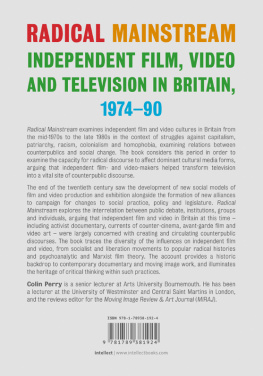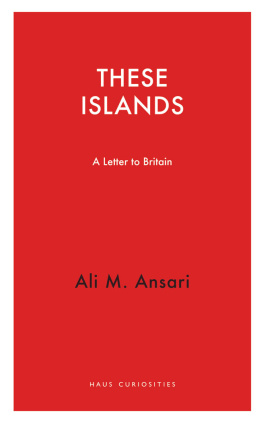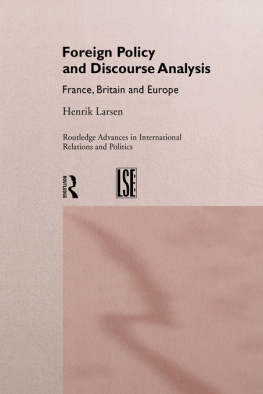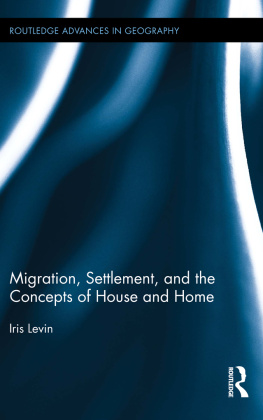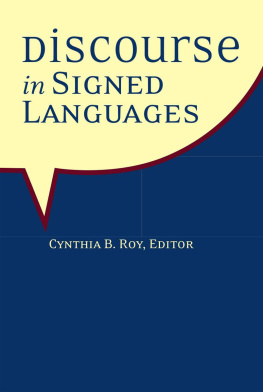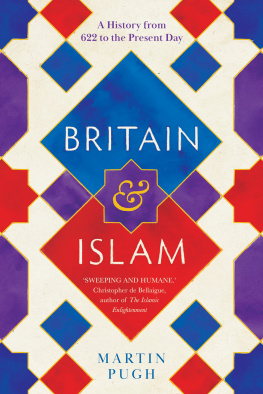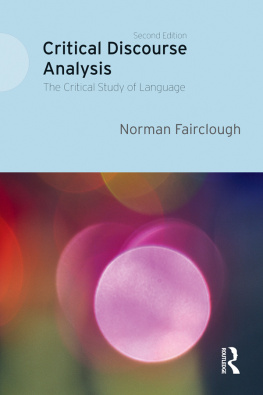
The Discourse of Repatriation in Britain, 18452016
Examining responses to migration and settlement in Britain from the Irish Famine up to Brexit, The Discourse of Repatriation looks at how concepts of removal evolved in this period, and the varied protagonists who have articulated these ideas in different contexts.
Analysing the relationship between discourse and action, Renshaw explores how ideas and language originating on the peripheries of debate on migration and belonging can permeate the mainstream and transform both discussion and policy. The book sheds light both on how the migrant other has been viewed in Britain, historically and contemporaneously, and more broadly how the relationship between state, press, and populace has developed from the early Victorian period onwards. It identifies key junctures where the concept of the removal of othered groups has crossed over from the rhetorical to the actual, and considers why this was the case. Based on extensive original archival research, the book reassesses modern British history through the lens of the most polarised attitudes to immigration and demographic change.
This book will be of use to readers with an interest in migration, diaspora, the development of populism and political extremes, and more broadly the history of modern Britain.
Daniel Renshaw is Lecturer in Modern History at the University of Reading, UK. His work examines migration, diaspora, and prejudice in Britain and Europe. He is the author of Socialism and the Diasporic Other, published in 2018.
Routledge Studies in Modern British History
Weather, Migration and the Scottish Diaspora
Leaving the Cold Country
Graeme Morton
Science, Utility and British Naval Technology, 17931815
Samuel Bentham and the Royal Dockyards
Roger Morriss
Credit and Power
The Paradox at the Heart of the British National Debt
Simon Sherratt
The Casino and Society in Britain
Seamus Murphy
Great Britain, the Dominions and the Transformation of the British Empire, 19071931
The Road to the Statute of Westminster
Jaroslav Valkoun
The Discourse of Repatriation in Britain, 18452016
A Political and Social History
Daniel Renshaw
The Devil and the Victorians
Supernatural Evil in Nineteenth-Century English Culture
Sarah Bartels
Lord Dufferin, Ireland and the British Empire, c. 18201900
Rule by the Best?
Annie Tindley
For more information about this series, please visit: https://www.routledge.com/history/series/RSMBH
First published 2021
by Routledge
2 Park Square, Milton Park, Abingdon, Oxon OX14 4RN
and by Routledge
52 Vanderbilt Avenue, New York, NY 10017
Routledge is an imprint of the Taylor & Francis Group, an informa business
2021 Daniel Renshaw
The right of Daniel Renshaw to be identified as author of this work has been asserted by them in accordance with sections 77 and 78 of the Copyright, Designs and Patents Act 1988.
All rights reserved. No part of this book may be reprinted or reproduced or utilised in any form or by any electronic, mechanical, or other means, now known or hereafter invented, including photocopying and recording, or in any information storage or retrieval system, without permission in writing from the publishers.
Trademark notice: Product or corporate names may be trademarks or registered trademarks, and are used only for identification and explanation without intent to infringe.
British Library Cataloguing-in-Publication Data
A catalogue record for this book is available from the British Library
Library of Congress Cataloging-in-Publication Data
Names: Renshaw, Daniel, author.
Title: The discourse of repatriation in Britain, 1845-2016 : a political and social history / Daniel Renshaw.
Description: Abingdon, Oxon ; New York, NY : Routledge, 2021. | Includes bibliographical references and index.
Identifiers: LCCN 2020041535 (print) | LCCN 2020041536 (ebook) | ISBN 9781138579637 (hardback) | ISBN 9780429507885 (ebook)
Subjects: LCSH: Repatriation--Great Britain--History. | Repatriation--Great Britain--Public opinion. | Immigrants--Great Britain--Public opinion. | Great Britain--Emigration and immigration--History. | Great Britain--Emigration and immigration--Public opinion.
Classification: LCC JV7610 .R46 2021 (print) | LCC JV7610 (ebook) | DDC 325.4109/04--dc23
LC record available at https://lccn.loc.gov/2020041535
LC ebook record available at https://lccn.loc.gov/2020041536
ISBN: 978-1-138-57963-7 (hbk)
ISBN: 978-0-429-50788-5 (ebk)
Typeset in Times
by SPi Global, India
This book is dedicated to my family, with love and gratitude.
This book could not have been written without the love, support, patience, and very sensible advice of friends and family. First of all, I am grateful beyond words to Mum and Dad, to Bob and Jane, and to Elizabeth, for their love and for their care for my son Joel over the last three years. Thanks, too, for the love and interest of Layla and Patrick, Phil and Cailine, Paddy, Geoff, and Irene, Kate and Pete, Sarah and Grant, and Pauline. Thanks to my Bulmershe friends of 20 years, and everyone at Wycliffe. Thanks also to everyone at Little Owls Nursery for their care of Joel.
I would like to thank colleagues who played a key part in the genesis and early development of the project that would become this book. Thanks to Tom Linehan and Matt Worley for their suggestions and ideas as I initially sketched out the form the book would take. Philip Murphy and David Feldman also gave much helpful guidance during the initial stage of my work on twentieth-century repatriation discourse, when it was the basis of an application to the British Academy. Thanks to Ruth Salter and Katie Phillips for their advice on the medieval context of expulsion and the other, and to Ailise Bulfin for help with literary manifestations in the nineteenth and early twentieth centuries. I am also grateful to Bronwen Walter for taking the trouble to read through the first chapter of the book, and for her very helpful suggestions.
Special thanks go to Roy Wolfe, who throughout the writing of the book has been an invaluable source of advice, and has sent over more relevant material on repatriation than I could cope with. I am very grateful for Roys generosity with both time and encouragement over the last three years. Thanks, too, to my colleagues in the Department of History at the University of Reading for creating such a supportive environment.
I am grateful to the archivists and librarians at the different institutions where I carried out research. Many thanks to Hannah Ishmael and Rhoda Boateng at the Black Cultural Archives, Charlie Carpenter at the University of Reading, and the archivists at the British Library, the Bodleian Library, the LSE Special Collections, The Modern Records Centre in Warwick, and the National Archives. I also benefited from access to online archives provided by Gale, for which I am indebted to Oli Howe. Thanks also to Rob Langham and everyone at Routledge for their help throughout the planning and writing of the book, and Robs encouragement at the start of the project.
Above all, thanks to Rose, and to my son Joel, for their love, and for bringing me so much happiness every day.


